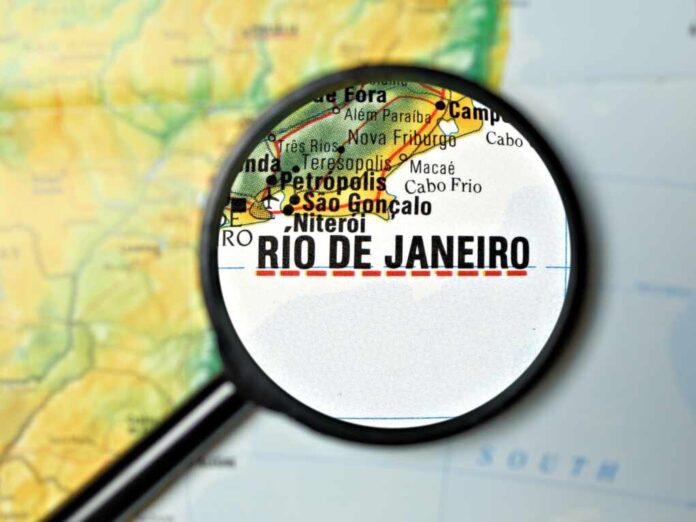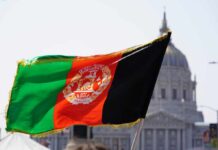
Brazil’s largest police operation to date in Rio de Janeiro has left 119 dead, raising serious questions about the balance between security and human rights.
At a Glance
- 119 deaths reported in a major police operation against drug gangs in Rio.
- Families and activists demand accountability and justice.
- Allegations of extrajudicial executions and mishandling of evidence.
- Significant international scrutiny and calls for independent investigations.
Unprecedented Police Operation in Rio
On October 28, 2025, Rio de Janeiro witnessed its deadliest police operation. Around 2,500 heavily armed police and military personnel conducted a raid in the Alemão and Penha neighborhoods targeting the notorious Red Command drug gang. This operation resulted in at least 119 deaths, marking a grim record in the city’s history. Initial reports indicated 64 deaths, including four police officers, but this number escalated as additional bodies were discovered by residents in a nearby wooded area.
Families of the deceased gathered at the Rio morgue demanding justice and transparency. The emotional scenes highlighted the grief and anger of those who lost loved ones. Many families claim that their relatives were victims of extrajudicial executions, with bodies reportedly exhibiting signs of mutilation. Such allegations have intensified calls from human rights groups and the international community for independent investigations into police conduct during the operation.
Watch: LIVE: Families gather at Rio morgue after deadly anti-crime operation
Background of Violence in Rio’s Favelas
Rio de Janeiro’s favelas have long been battlegrounds between law enforcement and heavily armed drug gangs. The Red Command and its rival, the First Capital Command, have been engaged in violent turf wars over control of lucrative drug trafficking routes. These conflicts have often led to police operations in these densely populated, low-income neighborhoods. The latest operation in the Penha and Alemão complexes is part of a pattern of escalating violence, which has seen hundreds killed by police actions in recent years.
The operation has drawn criticism for its heavy-handed approach and the lack of accountability that typically follows such raids. Families and activists argue that these operations disproportionately affect Black and low-income residents, exacerbating social and racial tensions in the city. The scale of the violence and the immediate public protests have brought international attention to the crisis, with Brazil’s Supreme Court and human rights organizations demanding detailed reports and accountability.
LIVE: Families gather at Rio morgue after deadly anti-crime operation https://t.co/53oW9wwstA via @YouTube
— mike kura (@mike_kura) October 31, 2025
Calls for Accountability and Reform
The aftermath of the operation has seen a surge in demands for police reform and greater oversight. Human Rights Watch and other NGOs have condemned the investigative failures, pointing out the lack of crime scene preservation and the exclusion of victims’ representatives from autopsies. These procedural gaps raise concerns about the integrity of the investigations and whether justice will be served for the victims.
Governor Claudio Castro defended the operation, describing it as a necessary battle against “narco-terrorism.” However, the political fallout continues to build, with increased scrutiny on police practices and calls for systemic reform. The situation underscores the complex challenge of balancing effective law enforcement with the protection of human rights, a debate that resonates far beyond Brazil’s borders.
Sources:
South China Morning Post (SCMP)
CBS News
Human Rights Watch
KERA News

























